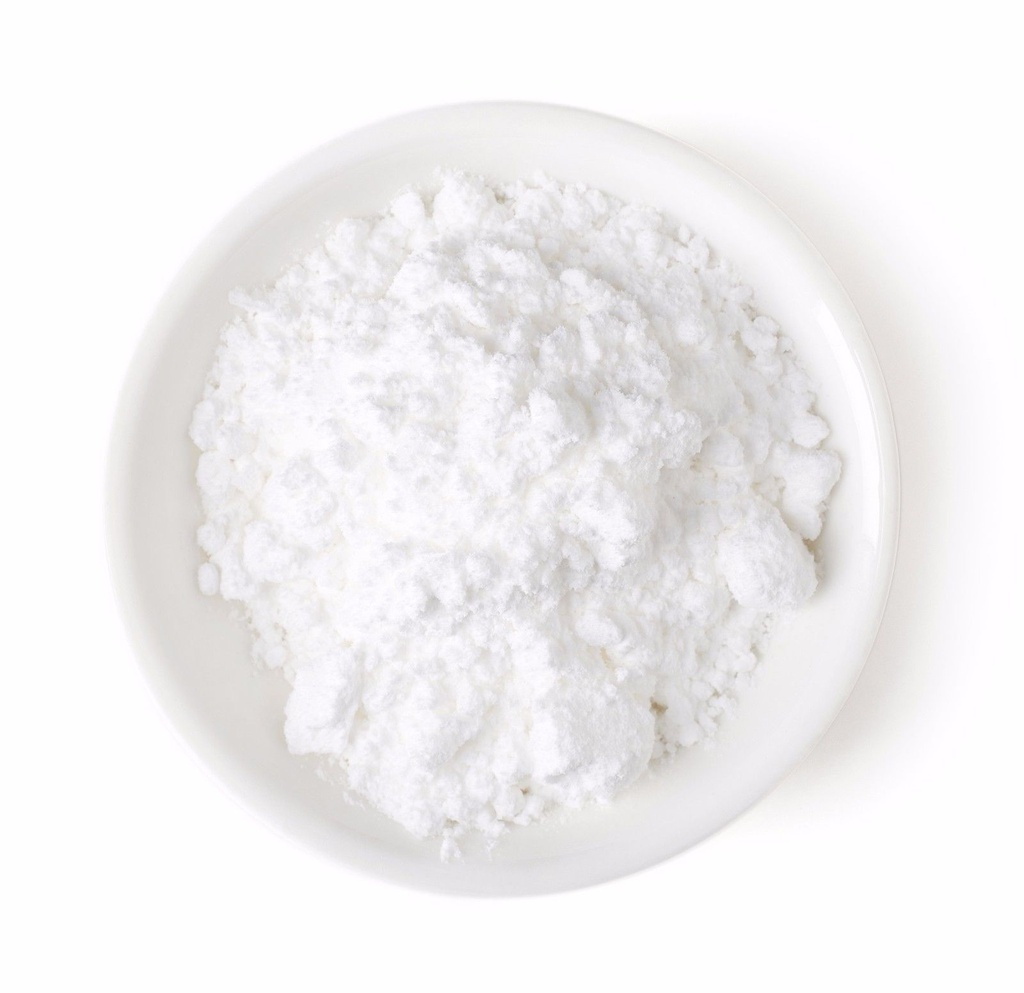Description:
Kojic acid is a naturally derived ingredient that is widely used in skincare for its skin-lightening and brightening properties. It is produced through the fermentation process of certain fungi, such as Aspergillus oryzae. Kojic acid works by inhibiting the production of melanin, the pigment responsible for dark spots, hyperpigmentation, and uneven skin tone. It is a popular ingredient in various skincare products due to its ability to promote a more even and radiant complexion.
Benefits:
- Skin lightening: Kojic acid effectively reduces the appearance of dark spots, hyperpigmentation, and discoloration, resulting in a more even skin tone.
- Inhibits melanin production: It works by inhibiting the enzyme tyrosinase, which is involved in the production of melanin, thereby preventing the formation of new pigmentation.
- Brightens complexion: Kojic acid helps to brighten the skin, giving it a more radiant and youthful appearance.
- Antioxidant properties: It possesses antioxidant properties that help protect the skin from free radicals, environmental damage, and signs of aging.
- Evens skin tone: Kojic acid promotes a more uniform complexion by reducing the contrast between darker and lighter areas of the skin.
Usage: Kojic acid is commonly used in skincare products, including creams, lotions, serums, masks, and spot treatments. It can also be found in professional skincare treatments targeting pigmentation issues.
Solubility: Kojic acid is soluble in water and alcohol, making it suitable for a wide range of skincare formulations. It can be easily incorporated into water-based products or combined with other ingredients to create emulsions.
Applications:
- Brightening creams and lotions
- serums
- Whitening masks and peels
- Body lightening products
Storage: Kojic acid should be stored in a cool, dry place, away from direct sunlight and heat sources. It is recommended to keep it in a well-sealed container to protect it from moisture and air exposure.
Country of origin: China
Country of packing: Saudi Arabia



